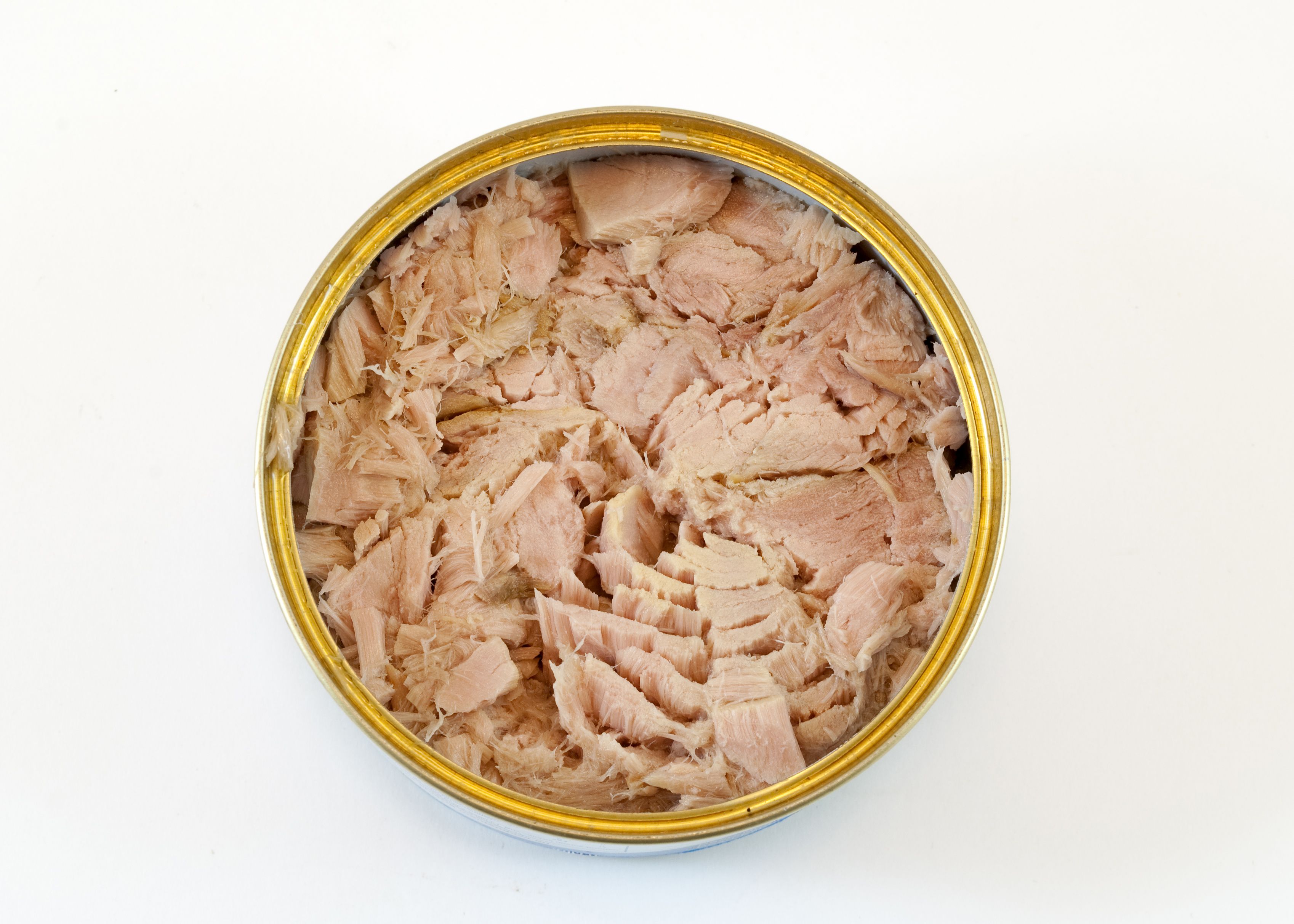
Pregnancy comes with its own set of do's and don'ts, especially when it comes to what's on your plate.
While fish can be a fantastic source of omega-3 fatty acids and protein, essential for the development of your little one, not all fish are created equal.
Tuna, a popular choice for many, raises eyebrows when it comes to pregnancy safety. Let's dive into why it might be best to give tuna a pass during these crucial nine months.
Mercury matters
First up on the caution list is mercury. Tuna, especially larger species like albacore and bigeye, are known to contain higher levels of mercury due to their place in the ocean’s food chain.
Why does this matter for pregnant women? Well, excessive mercury exposure can lead to serious developmental issues in babies, affecting everything from their cognitive skills to fine motor functions.
It’s all about keeping that mercury level on the down low to ensure your little one’s safe development.
Sodium overload
Canned tuna, a pantry staple for quick and easy meals, often comes with a hidden catch - high sodium content.
Excessive sodium intake during pregnancy can lead to increased blood pressure and swelling, conditions you'd want to steer clear of for both your health and comfort.
Opting for low-sodium options or fresh fish could be a safer bet if you're craving seafood.
Risk of contamination
Lastly, there's the concern of contamination. Apart from mercury, fish can be contaminated with pollutants like polychlorinated biphenyls (PCBs) and dioxins, which can linger in the environment and accumulate in fish.
These contaminants have been linked to potential health risks, making it essential to be cautious about the source and amount of fish you consume during pregnancy.
Navigating nutrition during pregnancy doesn't have to be a daunting task. While tuna might have its drawbacks, there are plenty of safer fish options out there that can provide you and your baby with the necessary nutrients without the added risks.
Salmon, sardines, and trout are just a few alternatives that are lower in mercury and rich in beneficial omega-3s. Moderation is key, and it's always a good idea to consult with your healthcare provider to tailor dietary choices to your specific health needs.
Eating wisely during pregnancy not only supports your health but sets the stage for your baby's healthy development.
Read Full Story

















Facebook
Twitter
Pinterest
Instagram
Google+
YouTube
LinkedIn
RSS